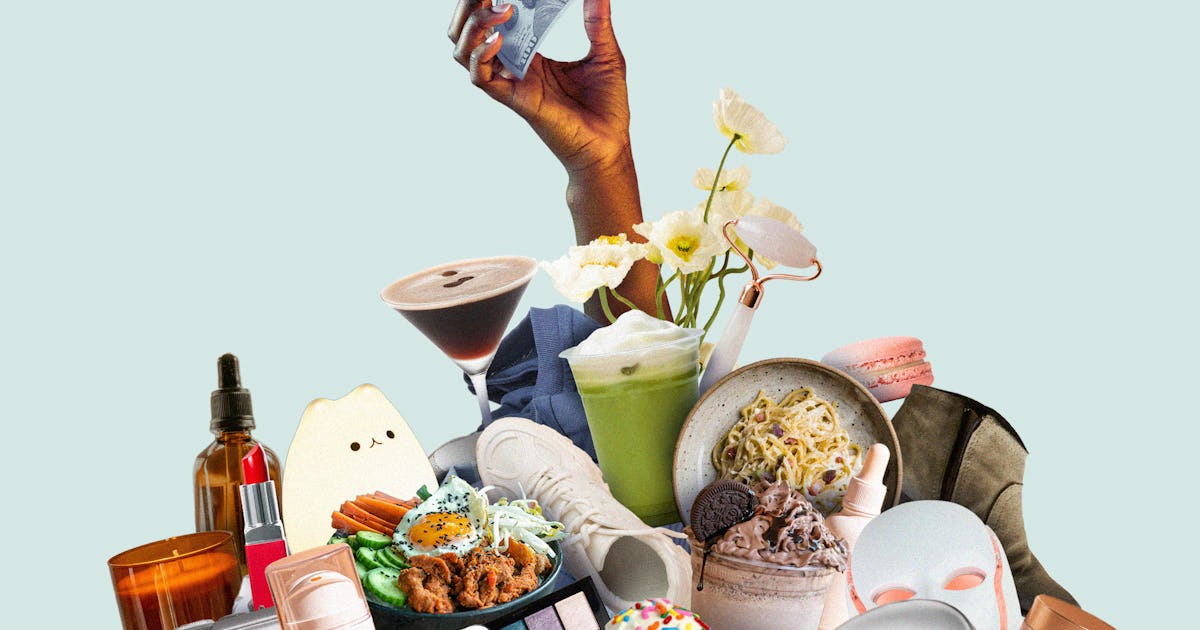
"Raise your hand if this is you: You leave the house determined to spend no money, but somehow come home with a $22 smoothie, three $70 scented candles, and a deep sense of regret. Or maybe you're the type who stays home to "enjoy your rent," only to find yourself three hours deep in an online shopping rabbit hole. If this sounds familiar, congrats! You're officially part of the overspending club so many of us belong to but none of us signed up for."
"But your smaller-than-expected bank balance isn't just the result of your decision making. It's also because in 2025, the pressure to spend is constant and increasingly effortless. Between tap-to-pay, one-click ordering, and QR codes that practically beg you to scan them, we're living in a world designed to separate us from our coins. Emotions and unconscious habits exacerbate the issue, often leading us to make choices that undermine our long-term goals."
Many people overspend through small, impulsive purchases during outings or prolonged online browsing. Seamless payment methods in 2025—tap-to-pay, one-click ordering, and QR codes—make spending effortless and detach people from money. Emotions and unconscious habits often drive choices that undermine long-term financial goals. Impromptu spending habits are habits rather than character flaws and can be changed. Practical steps to curb online impulse buying include leaving the phone in another room during relaxing evening hours, removing saved credit-card information from devices, and setting timers on social apps to reduce exposure to targeted ads, thereby encouraging more intentional spending.
Read at Bustle
Unable to calculate read time
Collection
[
|
...
]